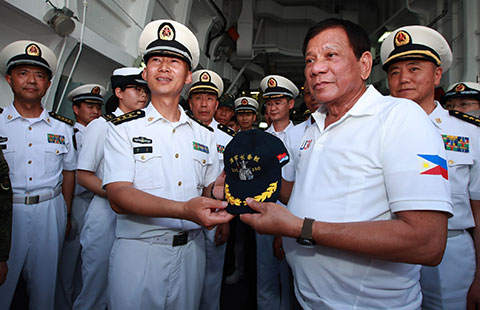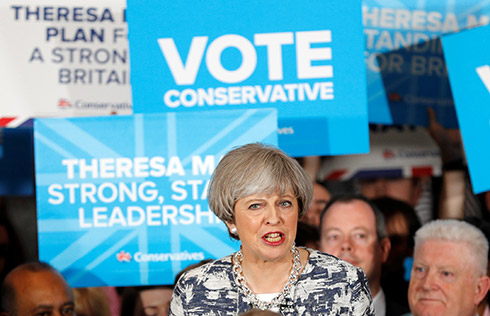

Huang Youfu, a professor of Korean studies at the Minzu University of China, said "the timing also aims to exert pressure on Japan and the ROK" as both will hold elections in December.
"The incident will bring more instability to the region, giving the US and other nations another excuse to increase their military presence and hold military exercises," he said.
Masao Okonogi, a professor of Korean politics at Keio University, told AFP that the launch would thrust Pyongyang close to the top of Washington's national security agenda.
"Putting a satellite into orbit means that you have the technology to get a warhead to a targeted area. Now the DPRK is becoming not only a threat to neighboring countries, but also a real threat to the United States," Okonogi said.
"The question is whether the satellite was precisely put into the planned orbit or veered off."
US and ROK officials said it would take time to fully analyze the launch.
The UN Security Council was due to meet later on Wednesday to discuss its response to the launch, with the US and its allies demanding a significant expansion of sanctions.
Contact the writers at lixiaokun@chinadaily.com.cn and caihong@chinadaily.com.cn
Zhang Yunbi and Liu Yedan in Beijing and AFP contributed to this story.
Special:
Intl responses to DPRK rocket launch:
Japanese caught off guard by DPRK
White House vows punishment for DPRK
UN Security Council slams Pyongyang's rocket launch
Philippines strongly condemns DPRK rocket launching












